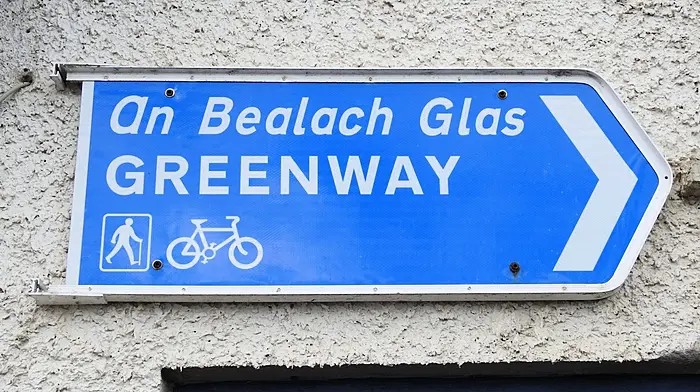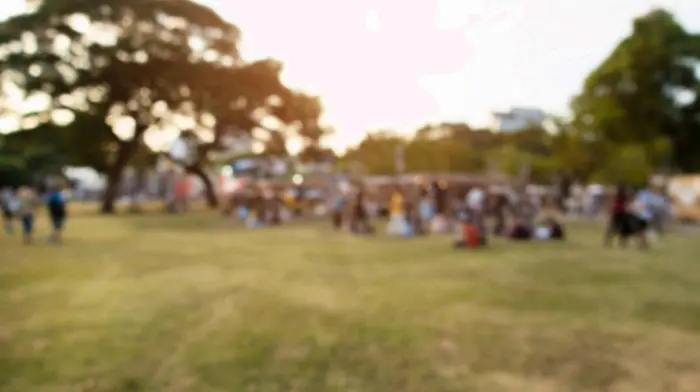Notwithstanding the pledge last week by new Minister for Climate Action and Environment Richard Bruton to step up to the challenge of climate change, Ireland has, rightly, been put under international scrutiny
NOTWITHSTANDING the pledge last week by new Minister for Climate Action and Environment Richard Bruton to step up to the challenge of climate change, Ireland has, rightly, been put under international scrutiny because the country has not been doing its fair share to reduce carbon emissions. The UN Special Rapporteur on Human Rights and the Environment, Professor David Boyd, has called the government’s failure to take more effective measures to address climate change ‘a breach of Ireland’s human rights obligations.’ Strong words indeed.
‘The Government of Ireland has clear, positive, and enforceable obligations to protect against the infringement of human rights by climate change. It must reduce emissions as rapidly as possible, applying the maximum available resources,’ said the special rapporteur. ‘This conclusion follows from the nature of Ireland’s obligations under international human rights law and international environmental law.’
Prof Boyd’s statement was made in support of the judicial review case currently being brought by Friends of the Irish Environment (FIE) against the Irish government, challenging Ireland’s 2017 National Mitigation Plan as they feel it does not go anywhere near far enough towards tackling our obligations to reduce greenhouse gas and carbon emissions. Already, it looks as if Ireland will fall far short of the first – and not very onerous – hurdle of reducing emissions to 20% below 2005 levels by 2020, which had been agreed among EU countries.
Then, there are the 2030 and 2050 targets set by the Paris Agreement of three years ago that it looks as if there is no hope of meeting without urgent action.
The extent of successive governments’ sleepwalking on the issue is set out in great detail in the 2018 annual review of the Climate Change Advisory Council, the independent body tasked with monitoring progress on climate action, which found that Irish greenhouse gas emissions are rising rather than falling. It confirmed that Ireland is completely off course in terms of achieving its 2020 and 2030 emissions reduction targets.
The Council had recommended that the carbon tax be raised to €30 per tonne in Budget 2019 as an essential component of achieving decarbonisation, rising to €80 per tonne by 2030. However, the government chose not to increase carbon tax in the budget, with Minister for Finance Paschal Donohue kicking the can further down the road by announcing: ‘It is my intention to put in place a long-term trajectory for carbon tax increases out to 2030 in line with the recommendations of the Climate Change Advisory Council and the special Oireachtas Committee, which are examining climate changes.’
This further prevarication and lack of immediate action – which Minister Bruton must address – will only put further pressure on Ireland as further valuable time passes with only the barest minimum being done. The problems are not going to go away and are, if anything, only going to get worse if meaningful action to mitigate the effects of climate change is not taken sooner rather than later.
Criticism of the Minister’s decision not to increase carbon tax was particularly hard-hitting by Irish environmental groups. The Environmental Pillar’s comment that the government sent ‘a very clear message to the world and the people of Ireland about its lack of commitment to tackle out-of-control emissions,’ while sounding harsh, was not an unreasonable one.
Further bad news is that the Climate Change Advisory Council points out that projections indicate strong growth in emissions nationally and across transport and the built environment in the coming decades, driven by strong economic growth and an associated increase in energy demand.
Of great concern to the council is that fossil fuels continue to play too big a role in meeting future energy demand with not enough being done to bring sustainable energy resources into play and, despite efficiency gains, increased output in agriculture is also leading to increased emissions. These undermine our ability to achieve the national transition objective and meet EU targets for 2020 and 2030.
Seeing the government has not provided a pathway for the decarbonisation of the economy and society by 2050, the Climate Change Advisory Council recommended that the government should provide a ‘map for policymakers and an appropriate benchmark against which to measure the effectiveness of different policies.’ Without this, they cannot accurately assess how Ireland will transition to a low-carbon economy and society.
Meanwhile, the FIE’s application for a judicial review of the National Mitigation Plan is due to be heard in the High Court in Dublin over four days from January 22nd next. The UN Special Rapporteur’s intervention in this case has been described as ‘hugely significant.’
Minister Bruton’s acknowledgement that stepping up to the challenge of climate change ‘will require a revolution in how we live’ has been welcomed by An Taisce. However, his words will need to be backed up by actions.
------








